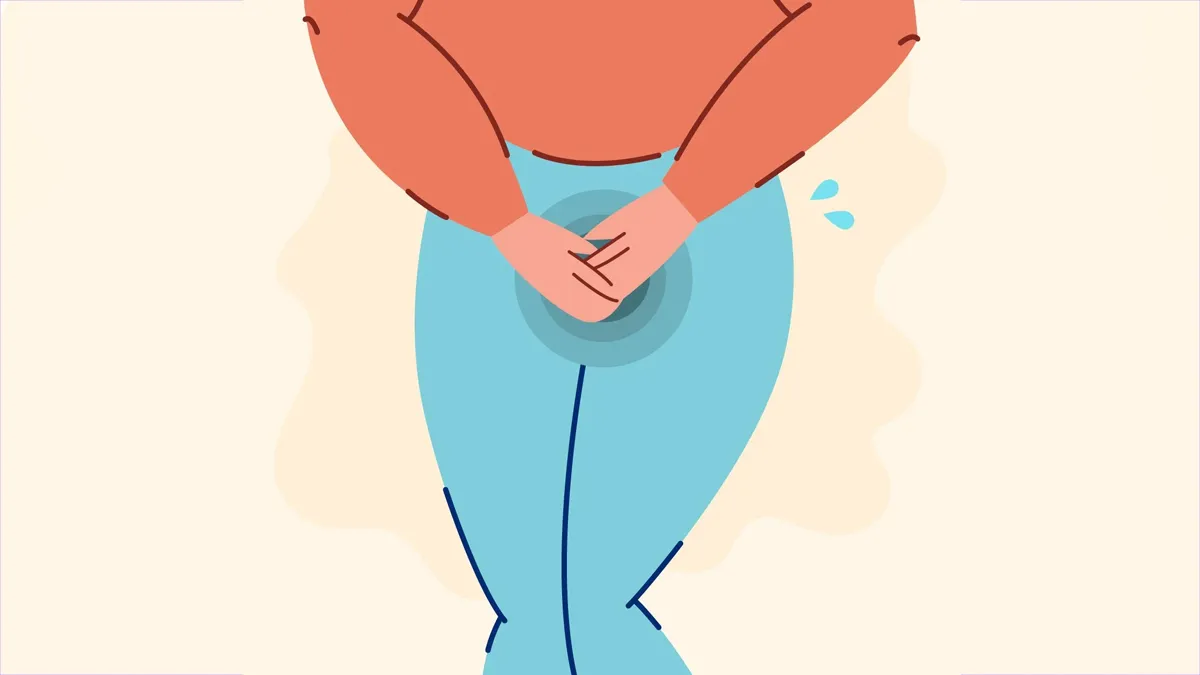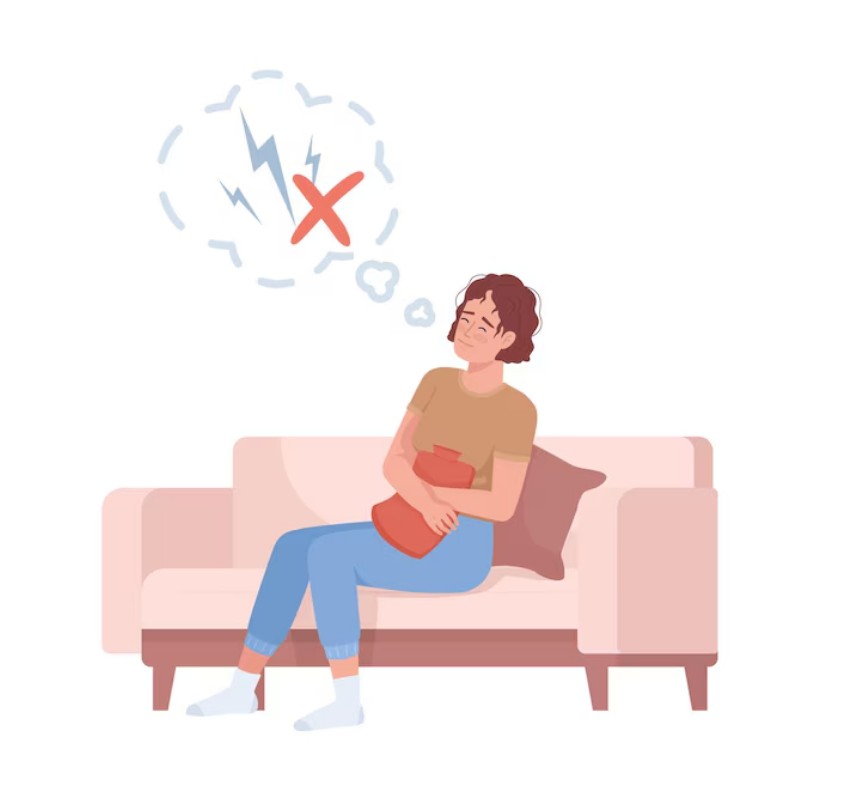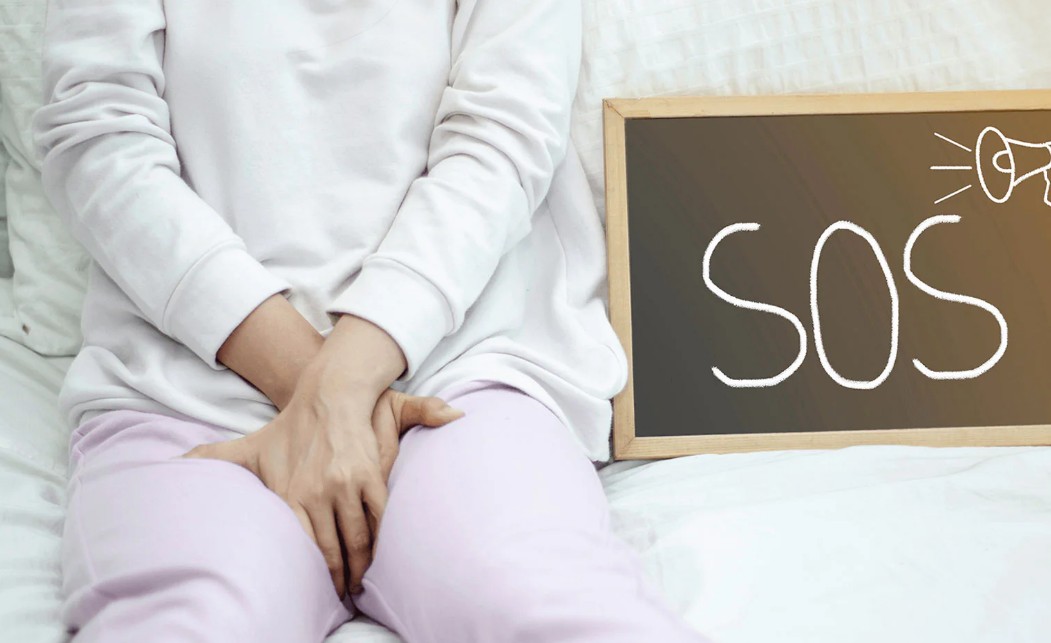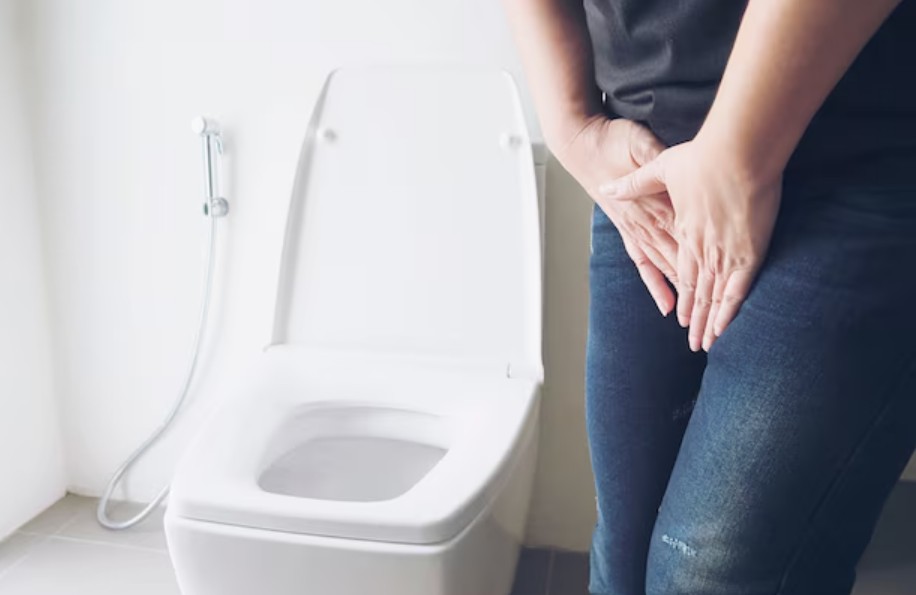
Stress urinary incontinence (SUI) is one of the most common issues that affects not only the body but also the mind. Did you know? Many women tend to struggle silently with embarrassment, fear, and anxiety caused by sudden bladder leaks. This article highlights the vital tips to tackle this growing concerning issue.
This article is authored by Dr Bhavin Patel, Consultant Urologist, Zen Multispeciality Hospital, Chembur, Mumbai

Stress urinary incontinence (SUI) is a common condition where women unintentionally leak urine while doing activities that put pressure on the bladder. This includes activities such as coughing, sneezing, laughing, exercising, or even lifting something heavy. This can be embarrassing and frustrating for many.
Although it’s not fatal, it can impact a woman’s confidence, daily life, and even her emotional well-being. SUI happens when the pelvic floor muscles that support the bladder become weak. It’s more common after childbirth, menopause, or pelvic surgeries. But even younger women, especially those who exercise or lift weights often, can experience this problem.

SUI can trigger anxiety and phobias: For many women, stress urinary incontinence is more than a physical problem. The fear of leaking in public can lead to anxiety, low self-esteem, and even a phobia of social gatherings or exercise. Some women stop going to the gym, avoid long travel, or skip events altogether as they grapple with this problem.
This silent emotional suffering often goes unnoticed, as many feel too embarrassed to talk about it, even with their doctor. They may struggle in silence. Over time, this can lead to depression, relationship issues, and a lower quality of life. It tends to interfere with one’s daily routine.
It’s important to understand that SUI is a medical issue, not something to hide or feel ashamed of, and help is available. So, don’t delay medical attention. Timely management will help to deal with this issue.

Stress urinary incontinence affects millions of women, but it should not be ignored. It’s important to seek help early, talk openly, and remember that you’re not alone. Taking care of both your physical and mental health is key to living comfortably and confidently.
Don't Miss: 7 Causes of Bleeding After Sex: What It Means, When to Worry - Gynaecologist Explains
Keep reading Herzindagi for more such stories.
Image Courtesy: Freepik
Also watch this video
Herzindagi video
Our aim is to provide accurate, safe and expert verified information through our articles and social media handles. The remedies, advice and tips mentioned here are for general information only. Please consult your expert before trying any kind of health, beauty, life hacks or astrology related tips. For any feedback or complaint, contact us at [email protected].